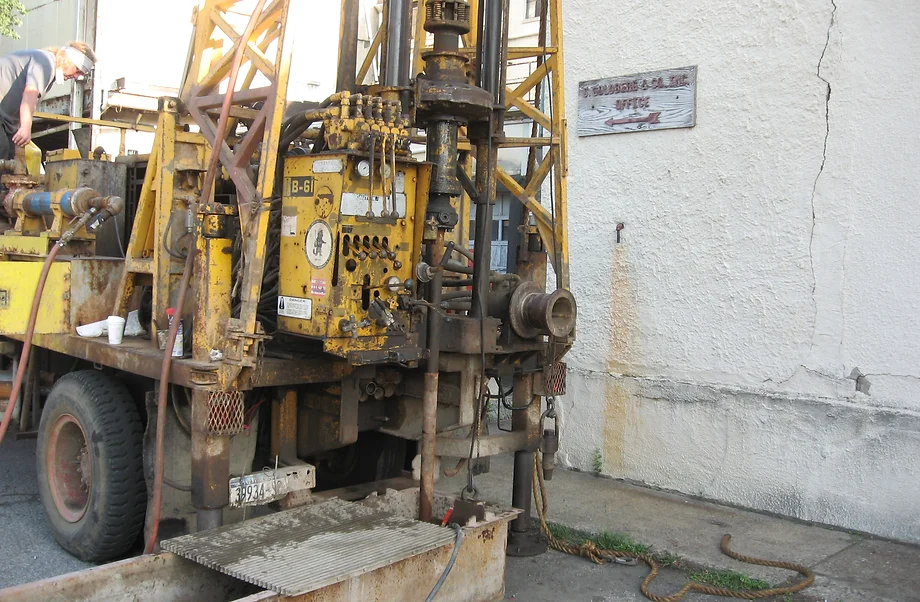
Geotechnical Engineering
Geotechnical engineering is a boundary value problem. Appropriate and well planned subsurface investigation program consisting of test boring, test pit, geophysical test, and laboratory test is required to address the uncertainties associated with hidden subsurface conditions and assess engineering properties of soils and rocks for cost effective foundation design. Very detailed site specific geotechnical and geophysical data as well as a thorough understanding of the local geologic environment are essential to the proper prediction of local site effects and seismic design.
Site and Subsurface Investigation
Test Boring, Soil Sampling, Rock Coring, Test Pit
Geophysical Test, In-situ Test, and Laboratory Test
Geotechnical Design
Engineering Properties of Rock and Soil
Soil Densification and Ground Improvement
Slope Stabilization
Ground Water Seepage Control and Modeling, Dewatering
Site Erosion Control
Geotechnical Analysis
Commercial software used for engineering analysis, design, and report presentation including but not limited to: Plaxis 2D/3D, SHAKE, SEEP/W, SLOPE/W, ALLPILE/LPILE/GROUP and GRLWEAP, DYNA/n
SitSoil-structure Interaction Analysis
Geotechnical Baseline Report
Engineering Evaluations and Recommendations
Construction Considerations
Site Specific Seismic Retrofit Analysis and Design
Liquefaction Analysis
